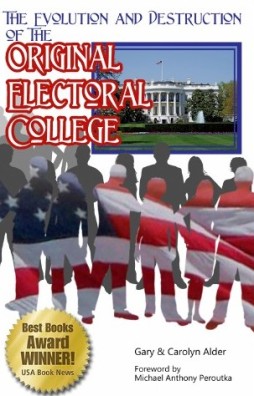Lesson 10 – Amendments 1 through 10
Assignment 1
One of the clauses of the First Amendment is often called the “establishment clause.” Many people have referred to this as the separation of church and state even though those words do not appear in any of the amendments or anywhere in the Constitution for that matter. From our discussion of the three realms of our lives we know that there is supposed to be a separation. According to the wording of the First Amendment what is the role of the national government in implementing this principle?
1st Amendment
Congress shall make no law respecting an establishmentdef of religion,def or prohibiting the free exercise thereof; or abridgingdef the freedom of speech,def or of the press;def or the right of the people peaceably to assemble, and to petitiondef the government for a redressdef of grievances.def
– Assignment 1 Student Comments
Assignment 2
What do you think would happen if you were passing through security at an airport and you quoted the Fourth Amendment? Do you think that there is justification for getting rid of the Fourth Amendment? Has it outlived its usefulness.
4th Amendment
The right of the people to be securedef in their persons, houses, papers, and effects,def against unreasonable searches and seizures,def shall not be violated,def and no warrantsdef shall issue, but upon probable cause, supported by oath or affirmation,def and particularlydef describing the place to be searched, and the persons or things to be seized.
– Assignment 2 Student Comments
Assignment 3
Key # 14 of the Keys to Understanding the Pazradigm of the Founding Fathers says:
The 9th and 10th Amendments are the keystones to preserving Freedom.
What are the different issues addressed by these amendments? Why are these two amendments considered so important?
9th Amendment
The enumerationdef in the Constitution, of certain rights,def shall not be construed to deny or disparagedef others retaineddef
by the people.
10th Amendment
The powers not delegateddef to the United States by the Constitution, nor prohibited by it to the states, are reserved to the states respectively, or to the people.


